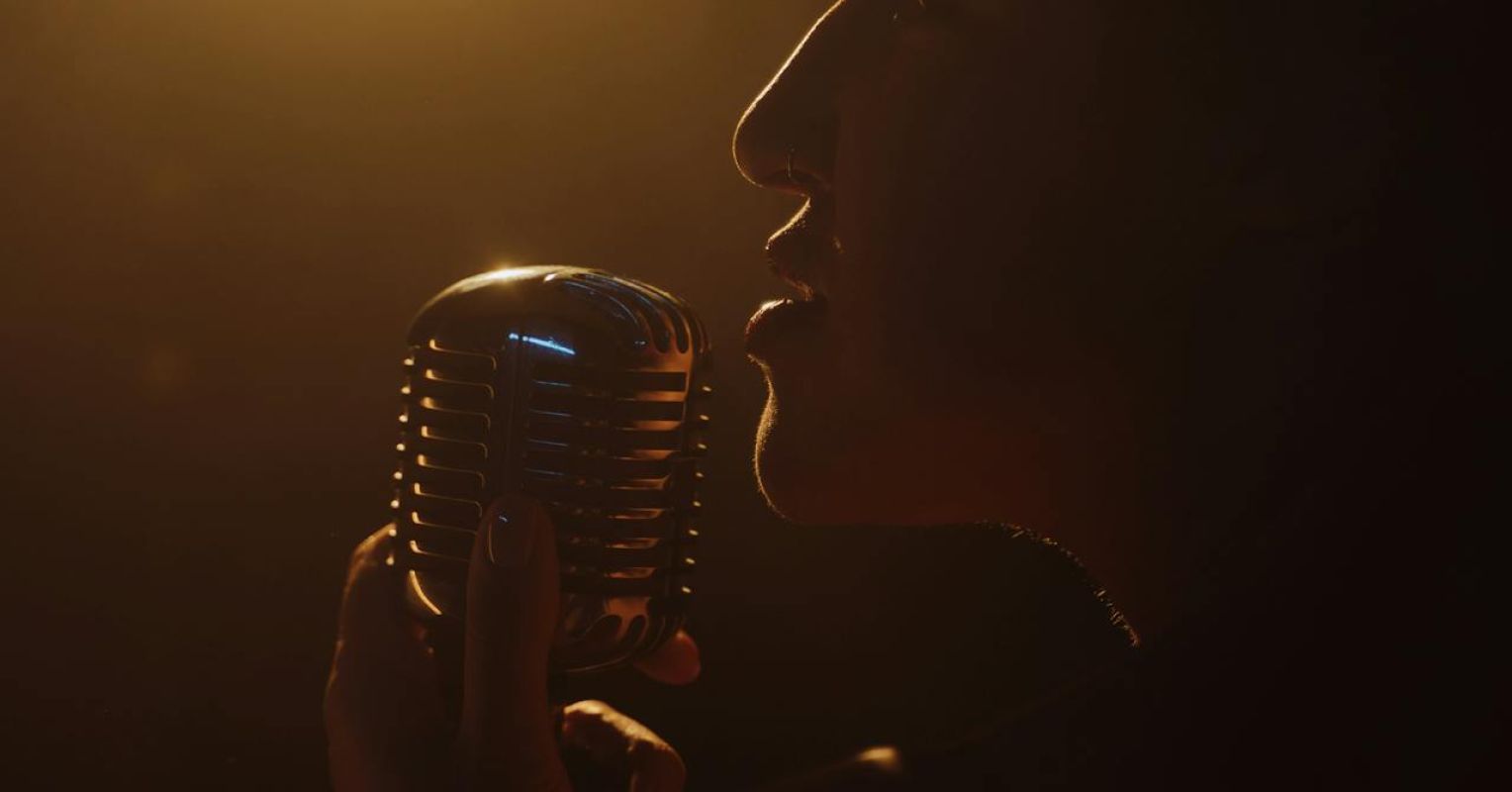
"When you go for a job interview, should you volunteer to be first in a series of candidates or opt for going late? An early position might yield a fresh and keen reception."
"The psychology of order effects suggests that the sequence in which candidates present can influence perceptionsâinitial presenters benefit from the energy of the panel, while those last might suffer from fatigue."
The article explores the impact of order effects on outcomes such as job interviews and music competitions, using ABBA's 1974 Eurovision win as a key example. It examines the theory that being early in a sequence can provide a distinct advantage, as audiences or judges may still be fresh and enthusiastic. In contrast, those who appear later could be subject to fatigue and reduced attention. By analyzing whether ABBA's placement affected their success, the piece encourages understanding of how psychology shapes perceptions in competitive contexts.
Read at Psychology Today
Unable to calculate read time
Collection
[
|
...
]